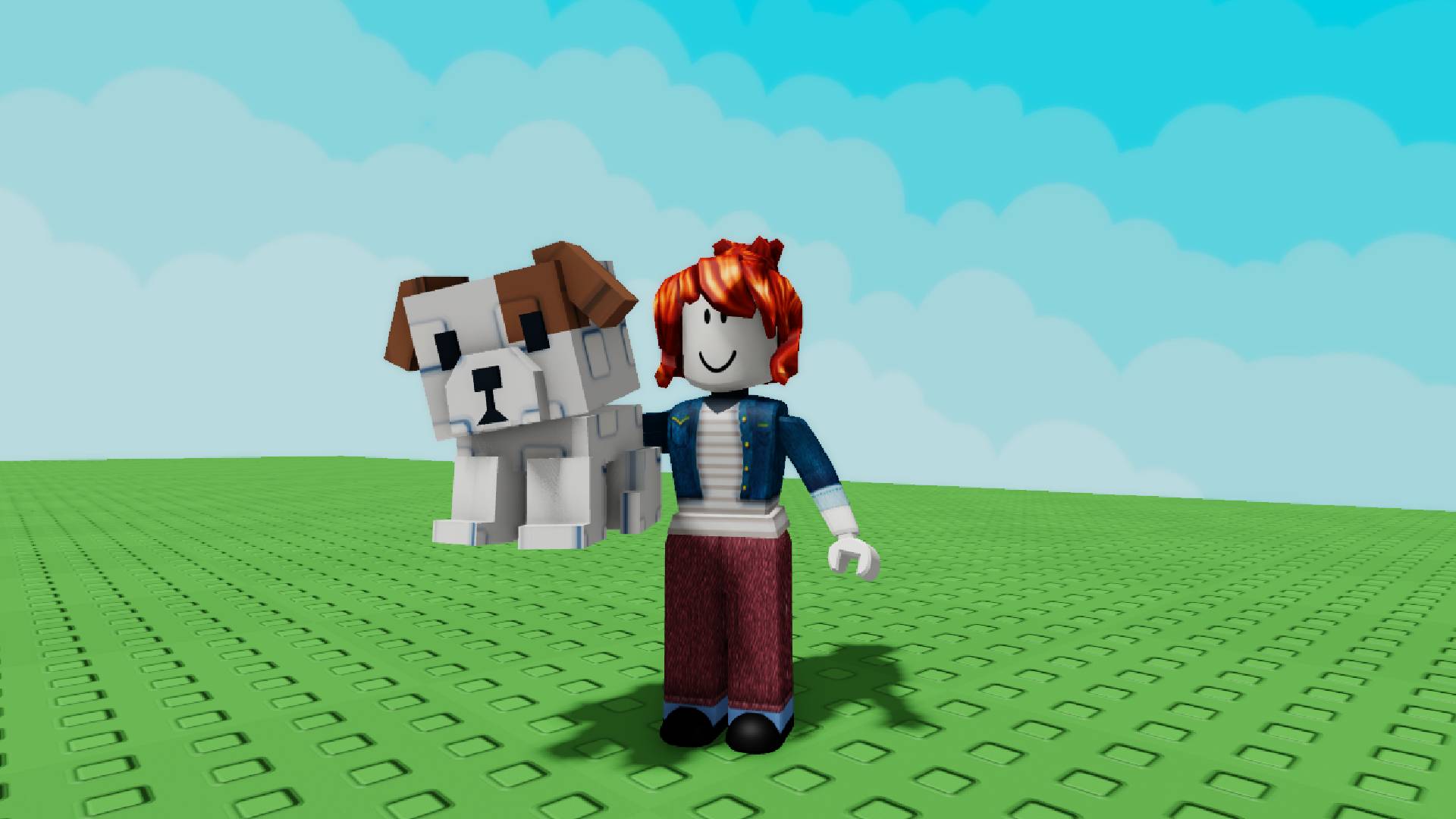CLEVELAND, Ohio — As Thanksgiving approaches, veterinarians are urging pet owners to think twice before sharing holiday meals with their furry companions.
While it might be tempting to give pets a taste of the festivities, many traditional Thanksgiving foods can pose serious health risks.
Allison Lash, veterinarian and medical director for the Cleveland Animal Protective League (APL), and Teresa Manucy, a veterinarian with Chewy, shared their insights on foods to avoid, how to keep pets safe, and ways to include them in holiday celebrations.
Foods to avoid
Lash and Manucy highlighted numerous Thanksgiving staples that can be harmful or toxic to pets.
- Turkey bones and skin: Turkey bones can splinter, causing choking or digestive issues, and fatty skin can trigger pancreatitis.
- Fatty foods: Dishes such as buttered mashed potatoes, casseroles, and ham are high in fat, which can lead to pancreatitis.
- Onions and garlic: Common in stuffing and other dishes, these ingredients are toxic to dogs and cats and can cause life-threatening anemia.
- Grapes and raisins: Even small amounts can cause kidney failure in pets.
- Chocolate and baked goods: Chocolate contains theobromine, which is toxic to pets, and many desserts include xylitol, a harmful sugar substitute.
- Salty foods: Excessive salt can lead to vomiting, diarrhea, and lethargy.
- Caffeine: Found in desserts and beverages, caffeine can cause elevated heart rates, vomiting, and seizures.
- Pitted fruits: Fruit pits contain cyanide, which is toxic if swallowed, and can also pose a choking hazard.
- Raw potatoes: Uncooked potatoes contain solanine, a compound toxic to some pets.
- Bread dough: The rising dough produces alcohol, which can lead to alcohol poisoning.
Manucy also noted that stuffing and gravy are common holiday staples that should be kept away from pets.
“While stuffing is a delicious side loved by many, it will need to be kept on the table—not in the pup’s bowl,” she said. “Stuffing often includes garlic, onions, and sometimes grapes or raisins, which are toxic for dogs and can even be life-threatening.”
Gravy, she added, contains high levels of fat and sodium and may also include toxic ingredients like garlic or onion.
What to do if a pet eats something harmful
Both veterinarians cautioned that the holidays often bring an increase in dietary-related illnesses for pets.
“The risk of food-related illness increases around the holidays due to festivities which involve special family meals and baked treats that aren’t typically made during other times of the year,” Manucy said. “Visitors not familiar with pet routines or their normal behavior may also share food items or be unaware of keeping certain foods away from pets.
If a pet consumes a toxic food, owners should watch for symptoms such as vomiting, diarrhea, and reduced appetite.
“You should contact your vet as soon as possible,” Lash said. “If necessary, you may opt to take your pet to an emergency vet for treatment.”
Manucy recommended Chewy’s free “Connect with a Vet” service, available from 6 a.m. until midnight ET seven days a week, as well as the Pet Poison Helpline at 855-764-7661 for guidance.
How to keep pets safe
Lash and Manucy provided several tips to help keep pets safe while still including them in the festivities:
- Keep food away from pets.
- Avoid giving table scraps.
- Inform guests not to feed pets, and provide pet-friendly treats if they insist.
“You can make your pet a safe meal to celebrate the holidays,” Lash said. “Plain, unseasoned cooked turkey, green beans, sweet potatoes, apples, carrots, peas, and unsweetened pumpkin are all good options.”
Manucy suggested feeding pets separately and before family meals to reduce begging.
“A crate in a separate room may reduce their ability to disrupt the meal preparation or eat any dropped food,” she said. “A food-stuffed toy or puzzle can also serve as a great distraction.”









